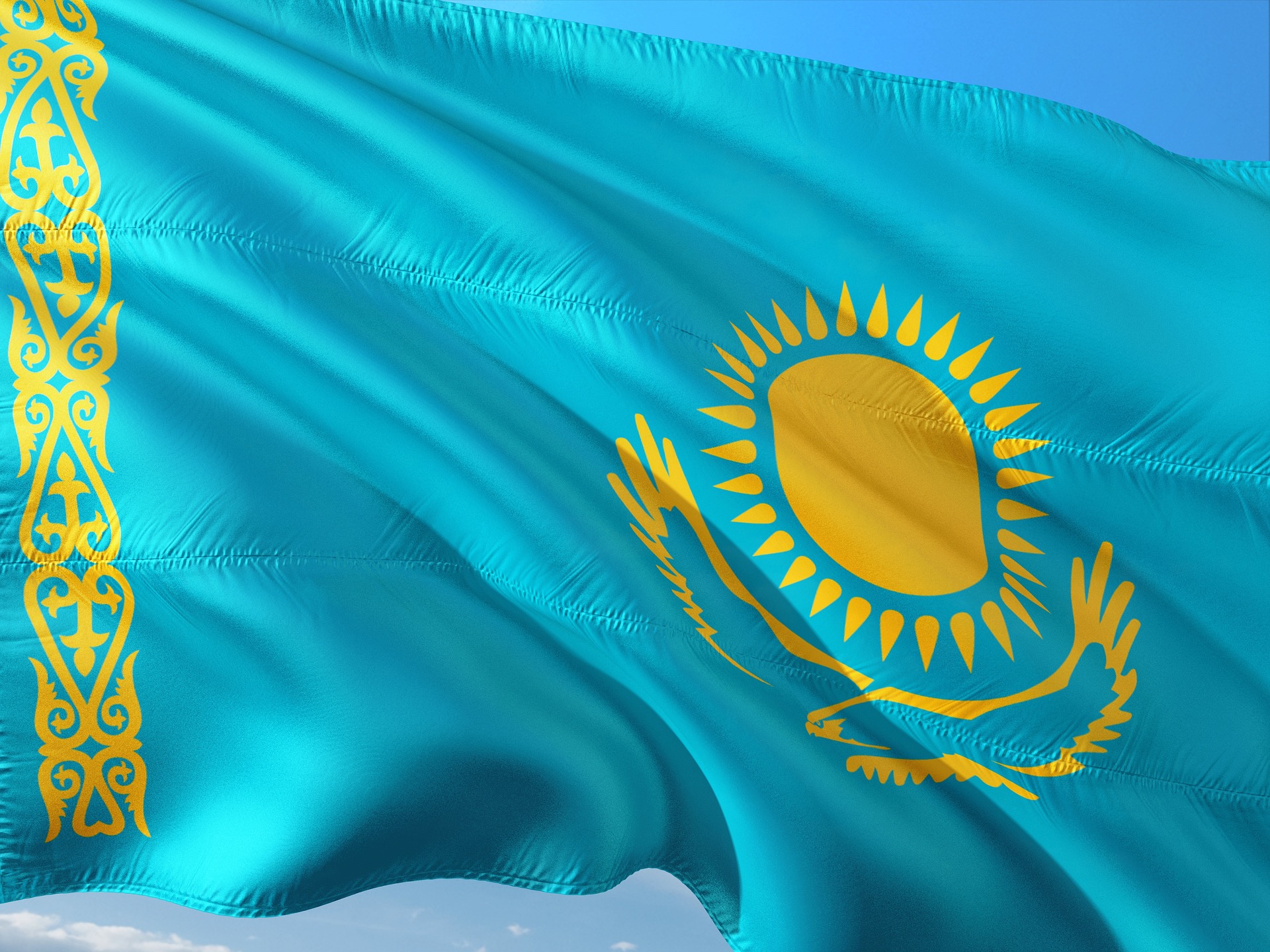Kazakhstan and the EU explore a deeper partnership

Central Asia’s increasingly vital role in the European Union’s foreign policy was underscored last week with Kazakh president Kassym-Jomart Tokayev’s visit to Brussels. The official visit, which took place from 25 to 26 November, included high-level meetings with European Council President Charles Michel and, notably, President of the European Commission Ursula von der Leyen, in what signals a deepening level of relations between the EU and Nur-Sultan going forward.
Together with von der Leyen, Tokayev discussed a wide range of issues ranging from “post-pandemic economic recovery, climate change, cooperation in transport and logistics and the agenda of global and regional security.” The issue of climate change is a particular priority for the EU and Kazakhstan alike, and climate change mitigation is an area on which both sides are interested in cooperating more in the future. Kazakhstan has historically been quite reliant on fossil fuels, but Tokayev has pledged to ensure that the country reaches carbon neutrality by 2060—an ambitious goal that European policymakers are eager to collaborate on.
Covid recovery as a chance for deepened economic ties
For its part, the EU is already providing assistance for Kazakhstan’s drive for economic and energetic diversification, for example, via the 76 MW solar plant project in the Karaganda region and is promoting a green agenda via its regional advisory vehicles, the Regional Indicative Program (RIP) and the Investment Facility for Central Asia (IFCA). Furthermore, through a joint venture between Kazakhstan and Swedish-German firm Svevind, Central Asia’s largest economy is currently implementing plans to build the largest green hydrogen project in the world. These programmes have made Kazakhstan a leader in Central Asia regarding the green transition. As Tokayev highlighted during his recent visit to Brussels, “Kazakhstan is already taking such action to diversify away from hydrocarbons, and moreover is leading Central Asia in implementing legislative and industrial transformations focused on green growth.”
As such, it’s unsurprising that the question of economic partnership featured prominently in Tokayev’s meeting with von der Leyen. Indeed, Tokayev’s visit to the heart of the EU comes at a time when EU-Kazakh relations are at a high-point: the bloc is Kazakhstan’s single largest trading partner, representing roughly 30 percent of the country’s trade in goods while being the destination of more than 40 percent of its exports. At the same time, the EU has been investing heavily in the country as the European FDI outward stock in Kazakhstan role to €64 billion in 2020. The figures come on the back of the entry into force of the EU-Kazakhstan Enhanced Partnership and Cooperation Agreement, on 1 March 2020. The Agreement significantly expanded the areas of cooperation, thereby broadening the spectrum of possible collaboration between the EU and Kazakhstan.
Despite taking a small hit as a result of the coronavirus pandemic, trade and investments are set to improve quickly again as both Nur-Sultan and Brussels reiterated that the current state of relations offers an important moment to fuel each other’s recovery for mutual benefit. A roundtable hosted on Friday involving officials from Kazakhstan, Belgium, Luxembourg and representatives of 20 major European companies took concrete steps in that direction. The event, organized as part of Tokayev’s visit, informed European partners of new commercial opportunities and joint ventures as Kazakhstan seeks to further improve its investment climate. The roundtable resulted in the signing of several business agreements between Kazakh and Belgian companies from the tech and agriculture sector.
Brussels will support continuous reforms
Apart from economic ties, Kazakhstan’s democratic reforms were also high on the agenda. Von der Leyen commended Nur-Sultan’s progress in that regard, as did European Council President Charles Michel during his meeting with Tokayev, stating that “The EU remains very supportive of Kazakhstan’s reform and modernisation agenda.” Tokayev himself acknowledged that democratization and reforms remain a priority for his government, and stressed that “protecting human rights and consolidating civil society is an unquestionable duty”.
He also highlighted the fact that Brussels has provided valuable help in that regard and expressed hopes for more support going forward, cautioning that “deep reform takes time, and it takes partnership. I am grateful to our European neighbours for their constant dialogue and support in implementing changes which benefit both our citizens and societies.” In particular, the EU had previously congratulated Kazakhstan for the abolishment of the death penalty following the ratification of the Second Optional Protocol to the International Covenant on Civil and Political Rights. Brussels also welcomed the establishment of a Supreme Council for Reforms but urged the government to continue its reform process in the coming years in close cooperation with the EU’s Human Rights Dialogue and Subcommittee on Justice and Home Affairs.
As the world recovers from Covid-19 and Nur-Sultan implements economic, political and social reforms, the EU can be of great help in accelerating Kazakhstan’s green development and democratization. In the meantime, Tokayev is continuing his European tour in Switzerland, where he met with the President of the Swiss Confederation, Guy Parmelin, and WHO Director-General Tedros Adhanom Ghebreyesus.
(Devdiscourse's journalists were not involved in the production of this article. The facts and opinions appearing in the article do not reflect the views of Devdiscourse and Devdiscourse does not claim any responsibility for the same.)










